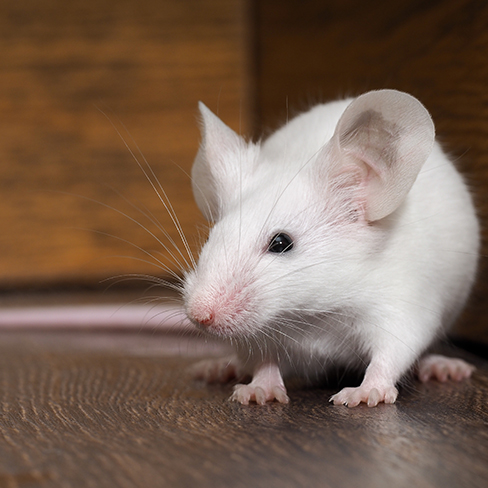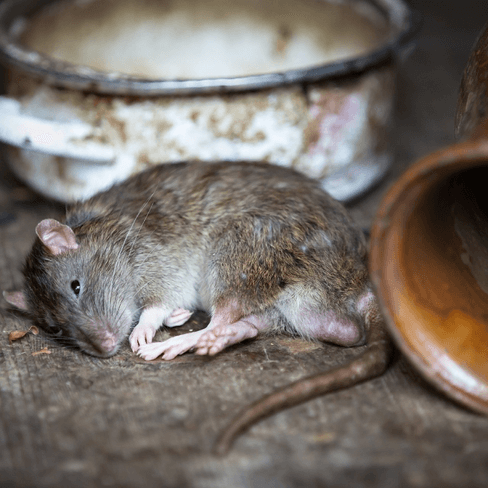

One or two rodents in your house may not seem like a big thing, especially if it’s just the occasional house mouse. But the breeding habits of rodents alone, both of mice and rats, should be a cause for worry. On average, a female can give birth to up to 50 pups a year, effectively increasing the rodent population if left unchecked.
It’s not just that these animals multiply fast. These pests are carriers of bacteria that can contaminate food sources, leading to severe allergic reactions and diseases. Rodent droppings are known to spread diseases and viruses, producing adverse symptoms and side effects that can inevitably lead to death.
For instance, a rat bite can cause rat-bite fever. Individuals who are exposed to contaminated food or were directly bitten by rats have symptoms like fever, muscle pain, vomiting, and headaches. This fever causes inflammation and skin irritations. Patients typically develop ulcers on the hands and feet, which take several weeks to heal.
Having rodents scurrying in your home isn’t just a health concern. These pests can chew through wood and wires, causing unbelievable structural damage. Professionals estimate that at least 20% of undetermined fires in the United States were due to electrical wire damage caused by pest infestations.

Don’t let its smaller size fool you, a small mouse can wreak havoc on wiring and wood just as effectively as a big rat. This pest will gnaw on wood, cloth, and books to get more material for their nests.
In some cases, a mouse will directly damage your furniture to build a comfortable, snug nest. Check stored furniture in the attic and basement from time to time to ensure you don’t have pests hiding in your belongings.
Don’t underestimate the size of a small mouse - book a mice control service as soon as you see two or more running around your house.
Rats are just as bad, if not worse, than mice. Because of their bigger size, they can deal more damage in a shorter amount of time. Just like their smaller counterparts, rats can chew their way through drywall, insulation, and wiring. Some people even report rats chewing through cinder block.


Don’t let its smaller size fool you, a small mouse can wreak havoc on wiring and wood just as effectively as a big rat. This pest will gnaw on wood, cloth, and books to get more material for their nests.
In some cases, a mouse will directly damage your furniture to build a comfortable, snug nest. Check stored furniture in the attic and basement from time to time to ensure you don’t have pests hiding in your belongings.
Don’t underestimate the size of a small mouse - book a mice control service as soon as you see two or more running around your house.
Rats are just as bad, if not worse, than mice. Because of their bigger size, they can deal more damage in a shorter amount of time. Just like their smaller counterparts, rats can chew their way through drywall, insulation, and wiring. Some people even report rats chewing through cinder block.